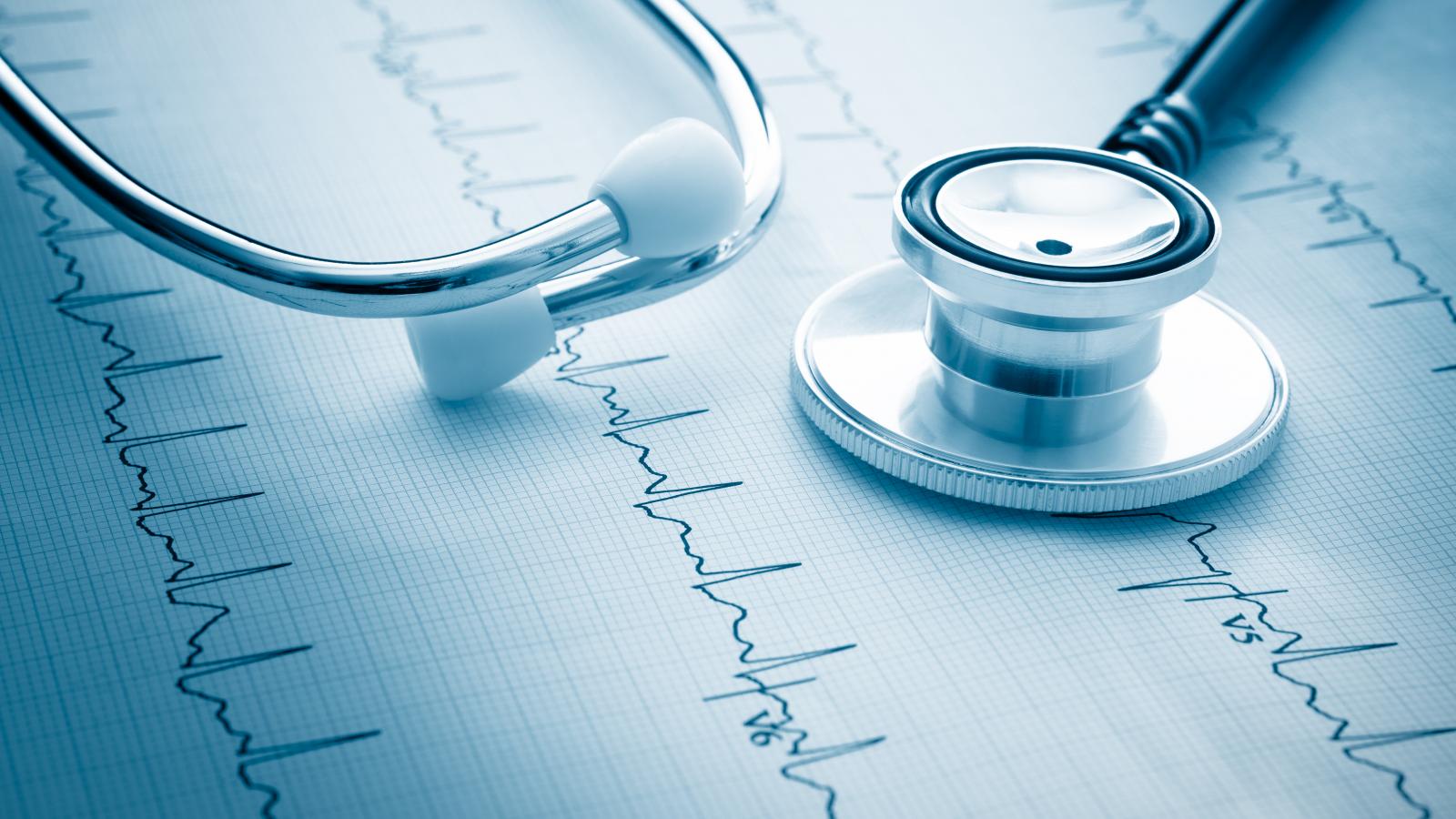How is mouth, head and neck cancer treated?

Surgery
The aim of surgery is to remove the cancer and the area close to it. Skin, muscle, bone or lymph nodes in the area may also need to be removed. If found early, the surgery can often cure the cancer.
More surgery may be needed to reconstruct the affected area, perhaps using a skin flap or bone graft. Read more about mouth, head and neck cancer surgery.
External radiotherapy
This is the use of high-energy rays to kill cancer cells. It may be given along with surgery or chemotherapy to shrink the cancer or to kill any cancer cells left behind. Conformal radiotherapy (CRT) is a more precise type of radiotherapy often used for mouth, head and neck cancer. Nearby healthy tissue is spared with CRT. Read more about radiotherapy.
Internal radiotherapy (brachytherapy)
This is when an implant containing radiation is put directly into your body, near the tumour. It releases radiation and kills the cancer cells. Internal radiotherapy is also known as brachytherapy. Read more about internal radiotherapy.
Chemotherapy
This is the use of anti-cancer drugs to cure or control cancer. Chemotherapy can be given before or after radiotherapy or surgery. You may have chemotherapy and radiotherapy together. Read more about chemotherapy.
Targeted therapies
These are usually used if the cancer has spread to nearby tissues or is advanced. The most commonly used type is monoclonal antibodies. Read more about targeted therapies.
Will I get side-effects?
The type of side-effects you get will depend on the type of treatment, the dose, the duration and your own general health. Read about the different treatments to see possible side-effects. For example, some people have permanent changes to how they look, eat or speak after surgery. Your doctor or nurse will discuss any possible side-effects with you before your treatment. We have information to help you cope with side-effects and symptoms.
Before treatment starts
- Dental check-up: Before you begin your treatment, your doctor may advise you to have a dental check-up. This is very important as your treatment may cause your mouth to become sore.
- Smoking and drinking: Your doctor might advise you not to smoke and drink alcohol at this time. Smoking and alcohol can cause your treatment to become less effective or increase the side-effects.
- Side-effects: Ask your consultant about how treatment might affect you afterwards, so you know what to expect.
- Speech and language: You may be referred to a speech and language therapist if it is expected you may have speech or swallowing difficulties after your treatment.
- Dietitian: You may be referred to a dietitian to advise you about how to eat well and keep a healthy weight during and after treatment.
If your cancer has spread, treatment will focus on keeping the cancer under control, rather than curing it. Your doctor will discuss the best treatment option for you.
For more information
Phone
1800 200 700



